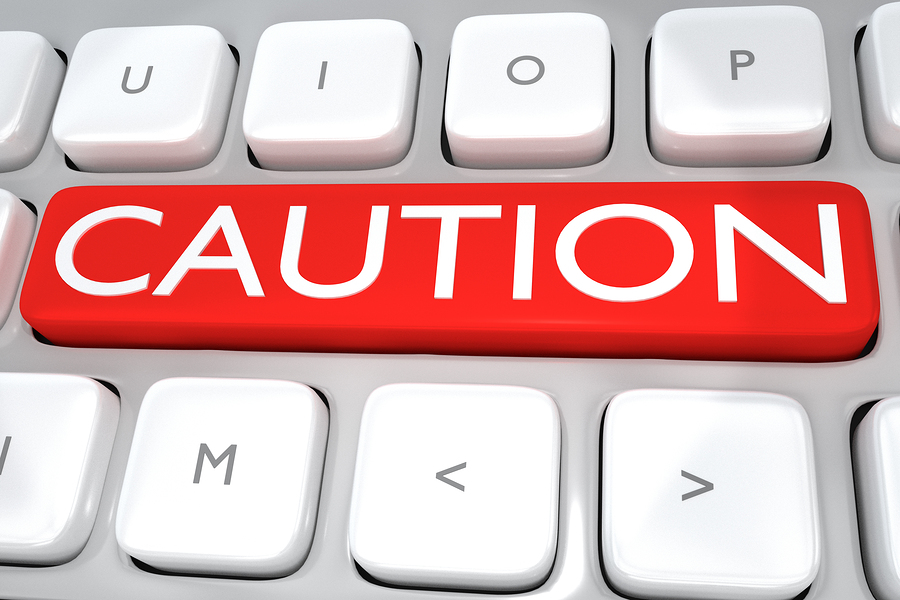I knew it. I just knew it – uncivil emails make us stressed. Not surprisingly, people disengage from their work when they receive uncivil emails, according to a recent study led by YoungAh Park, from the University of Illinois.
Sadly, there is another ripple effect of uncivil emails. The same study found people bring this email stress home and transmit it to their domestic partner. Then their partner withdraws more from their work the following week! Sorry, honey.
Clearly, none of us want rude emails to affect us this strongly. How can we protect ourselves?
I recently shared the following strategies on CBC Radio and I’ve compiled them here for you. These are helpful for us as senders and receivers.
- Talk it out: if you receive a questionable email, prompt a conversation with the sender. Often a simple question (e.g., “Have I missed something here?”) can quickly clear up any misunderstanding.
- Don’t take it personally: We generate a lot of internal angst when we act on assumptions. One of the greatest secrets to happiness is to not take things personally. Remind yourself there are many other factors, unrelated to you, causing someone to send an uncivil email.
- Rise above: Modelling great email etiquette is a powerful way to influence others. If you are questioning whether your message is too harsh, listen to your instinct. Park it in draft and come back to it later. Never send an email when you are angry or frustrated (or hungry or tired for that matter).
Related Read: Time for a team email charter?
Modelling great email etiquette is a powerful way to influence others.
While it is great to protect ourselves, surely none of us intends to cause havoc by sending uncivil emails. But what exactly is an uncivil email? Perhaps it is worth a review of what not to do when sending emails.
Want to model great email etiquette? Here’s what NOT to do:
- Create unnecessary rushes for others
We’ve all suffered through situations where other people’s lack of planning becomes our emergency. Try not to impose the same problem on others with “urgent” emails. Few, if any, emails require a “drop everything and respond” approach.
- Expect instant responses
Expecting instantaneous responses is akin to asking people to be on email all day long. Unfortunately, this encourages others to multi-task, which leads to decreased productivity, lower quality work and higher stress. Instead, encourage timely, rather than instant responses.
- Send emails throughout the evening and weekend.
Leaders, listen up. You may insist people don’t need to respond until business hours. But when you send emails throughout the evening and weekend, you are setting the expectation people are always “on”. It’s okay to draft emails during your own time but set a delivery delay so the message is received in the morning.
- Write long and unclear messages
Is it just me who dreads the long, unclear emails (with vague subject lines to make matters worse)? Or the emails jumping from topic to topic which are exhausting to process? In reality, people don’t read long blocks of text on screens in detail. Beyond 100 words, they skim and miss key information. Strive for the less is more approach. Challenge yourself to cut 50% of your words (especially on your longer messages). You will likely be pleasantly surprised with how achievable this is.
- Hide behind emails
Email is not the right format for complex and any kind of emotionally charged topics. Instead, have a conversation – ideally a face-to-face one. And if you do send an email, start by making a human connection. “Dear so-and-so, thank you for all the work you are doing on this project” can go a long way.
- Copy too many people
I think we would all like email a little more if the “reply all” feature never existed. Avoid copying people simply for “FYI” purposes. If they don’t need the information to act, they don’t need the email.
- Say something you wouldn’t say to someone’s face
If you need to share constructive feedback or discuss something contentious, pick up the phone. Even better – walk down the hall to chat. This allows you to respond to tone or body language, key factors in communication (but absent over email). Incidentally, this is why humour and sarcasm do not translate as well over email.
To help your team combat the effects of uncivil emails, contact us at: [email protected] to receive a Team Email Charter template. Let’s all work together to get back to using email for all of its helpful features.







Leave A Comment